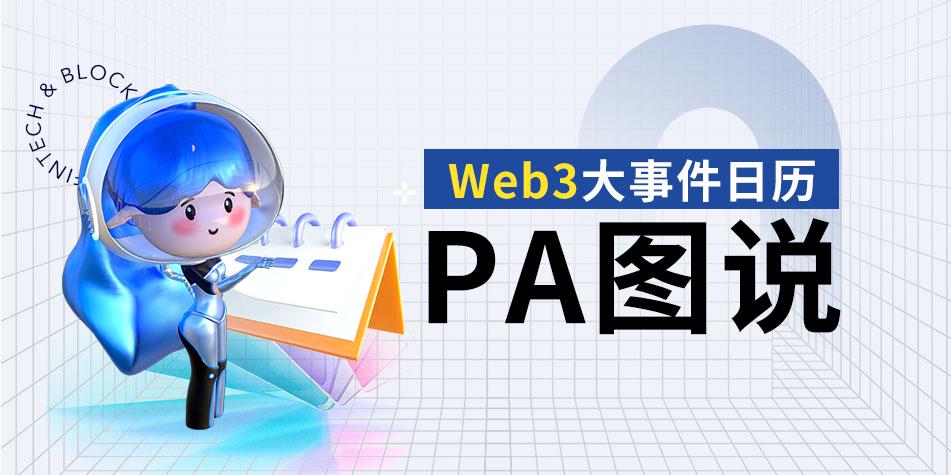The Maintenance Algorithm: A Life Principle We Often Overlook
When you buy a brand-new bike, what’s the first thing you learn after taking it for a spin? \n That it comes with a service schedule. \n Every few hundred kilometers — oil check. After a certain time — chain cleaning, brake adjustments, tire inspections.
It’s routine. It’s expected. \n And we follow it without question because we understand one thing: \n If you want something to last, you maintain it.
I call this the Maintenance Algorithm— a simple but powerful idea that applies to far more than bikes or machines. \n It applies to everything in life, especially human relationships.
Relationships Are Machines Too (But Smarter)
A bike is a passive machine. It doesn't argue or resist. It won't ghost you if you forget to oil the chain. \n But a relationship is different — it’s dynamic, sensitive, and alive. \n And it requires more than mechanical servicing. It needs emotional maintenance.
- Checking in with your partner regularly is like checking the engine.
- Having honest conversations is like tightening loose bolts.
- Apologizing when you mess up is like realigning the wheels.
Just like a well-serviced bike rides smoother, a well-maintained relationship feels lighter, more joyful, more resilient to the bumps along the way.
Mutual Effort Is Non-Negotiable
Here’s the catch — a bike doesn’t have a say in its maintenance. You control it.
But in a relationship, both people have to be on board. One person cannot do all the tune-ups alone. It’s a two-way road — both partners need to be willing to stop, assess, communicate, and grow.
Ever tried fixing a bike while it’s still being ridden? \n That's what it feels like when only one person is trying to work on a relationship while the other keeps pushing forward without reflection.
Mutual effort doesn’t mean being perfect. \n It means being intentional.
It’s sitting down and saying:
It’s Not Just Romantic Relationships
The Maintenance Algorithm isn’t limited to couples. \n It applies to:
- Friendships (when was the last time you checked in on that friend who always checks in on you?)
- Family bonds (parents, siblings — they need more than just occasional visits)
- Work relationships (colleagues and teams thrive when communication and trust are maintained)
In every context, relationships either grow or decay. \n And maintenance is the difference.
A Personal Take: When I Forgot the Algorithm
I learned this the hard way. \n There was a time when I poured all my energy into work. Deadlines, goals, achievements — they took priority. I assumed my relationships would "run themselves" like machines.
They didn’t.
Slowly, things started breaking down. \n Misunderstandings became arguments. \n Moments of silence stretched into weeks. \n I was shocked — but I shouldn't have been. I hadn't done the maintenance.
Rebuilding wasn’t easy. But once I started treating relationships like the valuable systems they are — systems that need time, effort, and care — things began to shift.
And it made all the difference.
Final Thoughts: Maintenance Is Love in Action
In the end, maintenance isn’t just about fixing what’s broken. \n It’s about preventing problems before they start. \n It’s about showing the other person:
So whether it’s a relationship, a bike, or your own mental health — \n Don’t wait for a breakdown to pay attention.
Remember the Maintenance Algorithm. \n Apply it. Live it. \n And watch everything around you last longer, feel better, and run smoother.
You May Also Like

XRP ETF Update, SHIB Face Drop From Crypto Top 30 and Is Layer Brett Really The Next Pepe Coin?

PA Chart | One chart to understand the major Web3 events worth paying attention to in May
